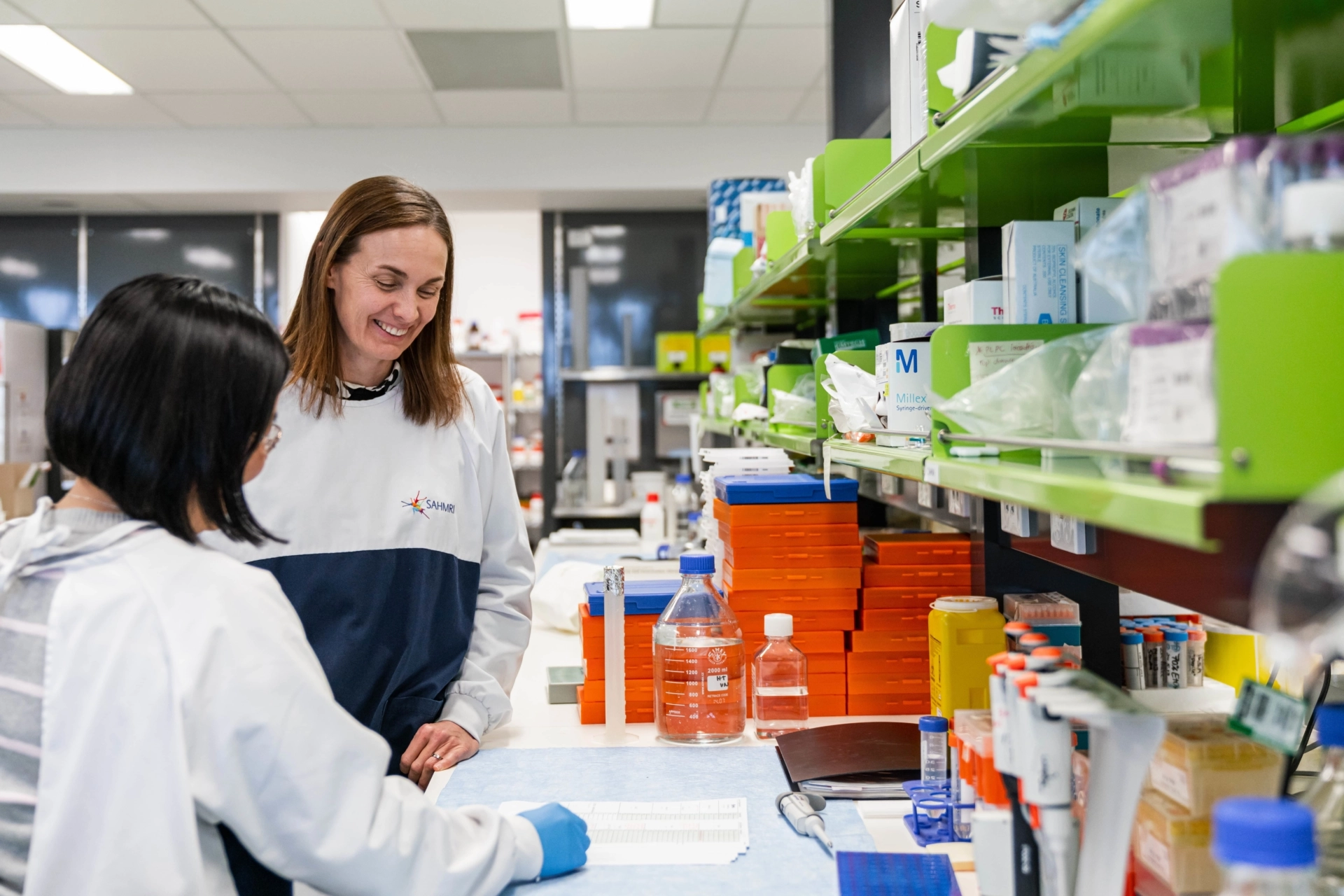This study aims to investigate the utility of liposome-like porphyrin nanoparticles or ‘porphysomes’ for the identification and treatment of atherosclerosis.
Cardiovascular disease (CVD) is the leading cause of death globally. Despite advances in lipid-lowering therapies, the incidence of myocardial infarction remains unacceptably high.
As we move towards an era of personalised medicine, new technologies that identify and treat patients with atherosclerosis are immensely valuable. We have developed porphysome nanoparticles with multiple imaging capabilities that non-invasively track disease development. This is combined with cell targeting and therapeutic functionality due to the incorporation of a mimetic peptide.
We recently found porphysomes are internalised by macrophages, important cells in atherosclerosis, which can be detected by fluorescent imaging. Porphysomes also exhibit striking anti-inflammatory properties and efflux cholesterol. Porphysomes can be loaded with therapeutic cargo to extend their biological benefits. We have new compelling data that colchicine is anti-atherosclerotic, making it the ideal candidate for cargo loading.
In cell types important for atherosclerotic plaque growth and stability, including macrophages, endothelial cells and smooth muscle cells, we will:
- Investigate the effect of porphysomes and colchicine-loaded porphysomes on key cellular functions of atherosclerosis.
- Compare these effects with conventional atorvastatin therapy.
Using established murine models and different imaging modalities we will:
- Test porphysomes for their ability to identify and treat atherosclerosis, unstable plaque and in-stent neoatherosclerosis.


